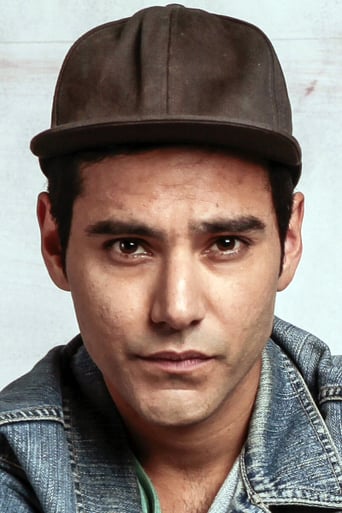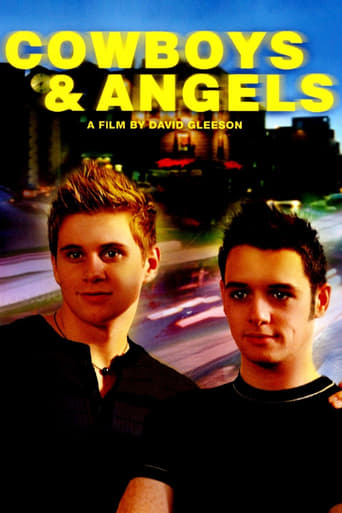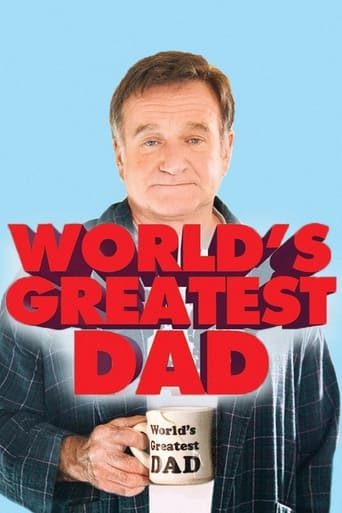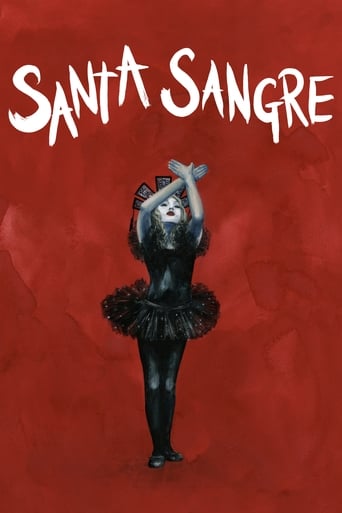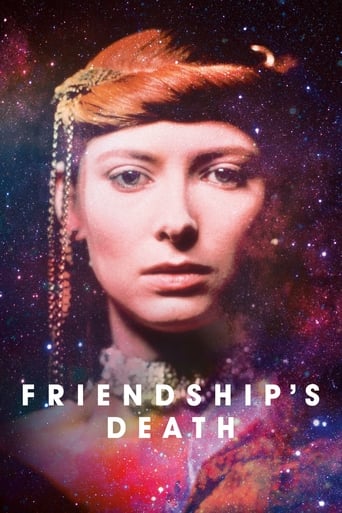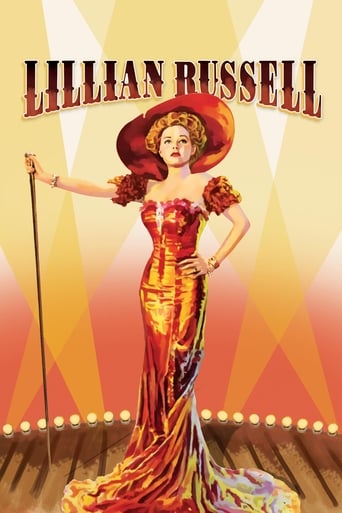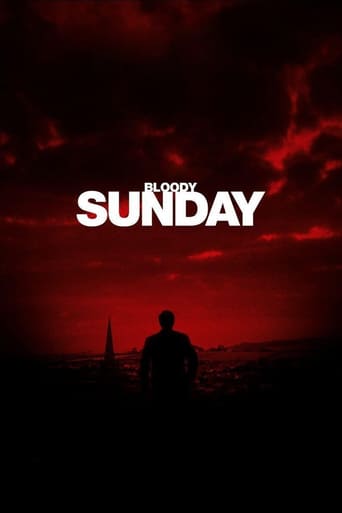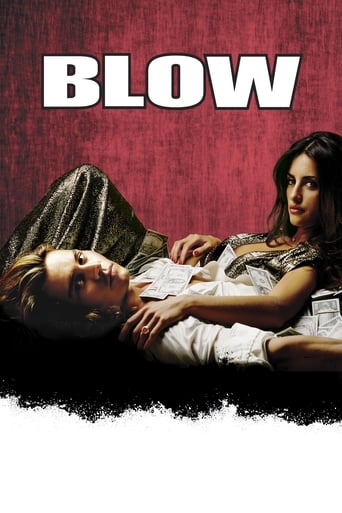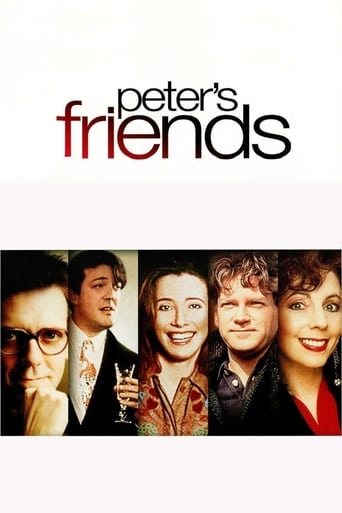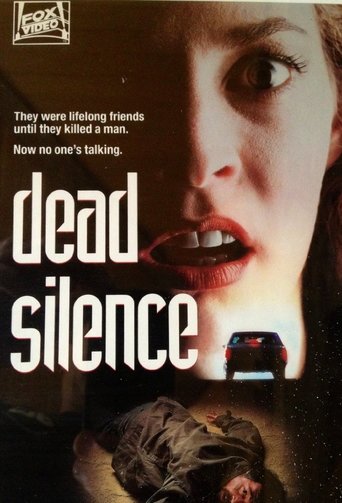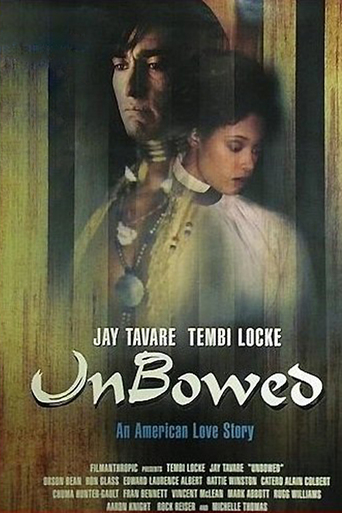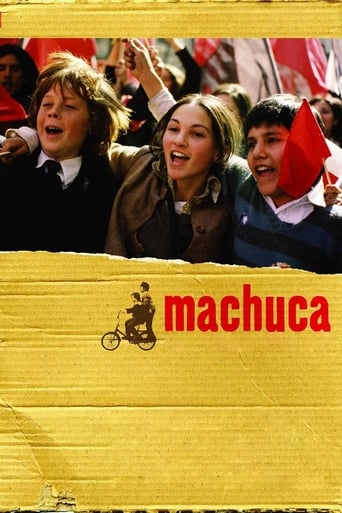
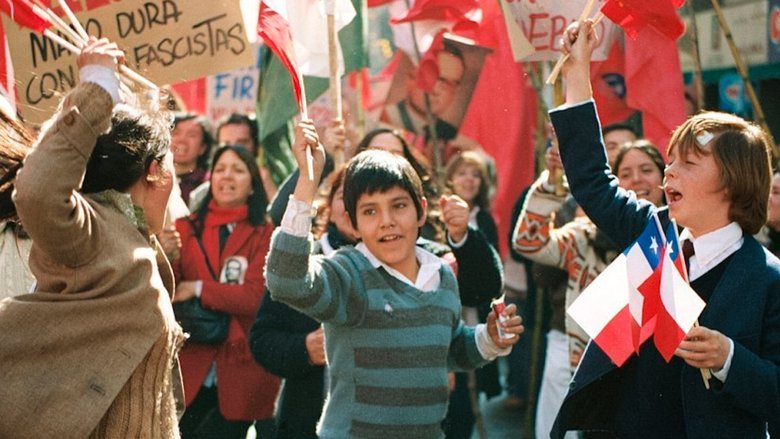
Machuca (2004)
Santiago, capital of Chile during the Marxist government of elected, highly controversial president Salvador Allende. Father McEnroe supports his leftist views by introducing a program at the prestigious "collegio" (Catholic prep school) St. Patrick to allow free admission of some proletarian kids. One of them is Pedro Machuca, slum-raised son of the cleaning lady in Gonzalo Infante's liberal-bourgeois home. Yet the new classmates become buddies, paradoxically protesting together as Gonzalo gets adopted by Pedro's slum family and gang. But the adults spoil that too, not in the least when general Pinochet's coup ousts Allende, and supporters such as McEnroe.
Watch Trailer
Cast


Similar titles
Reviews
Wood's film is a touching memoir that takes place right before the coup d'état and the start of Pinochet's dictatorship of Chile in 1973. The friendship between the two boys tells the story from a different perspective, one that is not explicitly political but incredibly real and thought provoking. The relationship between Gonzalo and Machuca, two young boys living on opposing sides of the coup, accurately portrays the complexity of a situation that is usually portrayed as black or white, right or wrong. The music and cinematography beautifully enhance the mood and message of the movie. The viewer feels that they are watching one of their own memories unfold in front of them because of the ability to relate with the characters. Machuca leaves the audience with a feeling that the world isn't fair, and that there must be something done about it. Like most Latin American films this movie is good, but in a hard and difficult way; dealing with harsh realities is never an easy task.
I stumbled upon this film whilst flipping through channels. I quickly set the language to the original Spanish, I was so engrossed.I lived in Chile during the sixties and seventies, as a child and a teenager. I was one of the 'privileged class', and some of the scene were uncomfortable for me. But that's okay - they were meant to be.From a visual standpoint, the film is impeccable. But more importantly, it subtly brought out the contradictions within Chilean society; one line, that of Francisco Reyes, who plays the otherwise minor role of the Gonzalo's father, Patricio Infante, summarises the attitude of the moneyed class perfectly: "Socialism is perfect for Chile...just not for us." This should be required viewing for any serious student of Latin American history. Without pretension or melodrama, it presents - in the microcosm of Father Whelan's school and the lives of his students - all that was wrong and all that could have been right, in Allende's Chile.
Like the young heroes of of Louis Malle's "Lacombe, Lucien" (1974) and "Au revoir les enfants"(1987), Gonzalo Infante (Mateas Quer), the protagonist of Chilean director Andrés Wood's coming of age story "Machuca," has to grow up in a time of political upheavals and physical dangers -- though he's not as vulnerable to them as some of his campañeros. For Gonzalo and his friend Pedro it's not the Nazi occupation of France but the CIA-sponsored coup against Salvador Allende that ultimately separates him from his at-risk young friend.The relevance of the events of September 11, 1973 that "Machuca" leads up to is clear to anyone who looks at what has been happening in Carlos Chavez's Venezuela. The CIA and the rich of the country may not have been able to bring Chavez down, but not for lack of trying. And the formerly government-pampered classes are as vicious in their hostility and as willing to eliminate Chavez as the same classes were in Chile at the time of Allende. The difference may be that Chavez has brought more real socialism to the country and thus has only strengthened his huge popular base among the poor majority.In Wood's film, Gonzalo becomes friends with Pedro Machuca (Ariel Mateluna) when the pro-leftist headmaster of his "English" private school, Father McEnroe (Ernesto Malbran), arranges to have poor children brought into his class as charity students. "Machuca" describes an uneasy mutual attraction of rich and poor at a crucial moment in Chilean history: Gonzalo helps Pedro with his English, lends him his expensive hardbound Lone Ranger comic books, and brings him to his posh home. And in return Pedro defends Gonzalo on the frequent occasions when he's bullied by other boys and introduces him to the new world of his family and his shantytown life.Some of the contrasts are a little obvious, with greater warmth on the poor boy's side and more coolness on Gonzalo's (he has a mother who's adulterous and a father who's often absent), but much of the story is simple coming of age stuff. In fact the filmmaker may lose touch with the political story at times, though he constantly shows revolutionary slogans on walls and huge demonstrations of both left and right, which Gonzalo attends selling flags with Pedro and Pedro's cousin Silvana. Silvana is more critical of Ganzalo than his pal Pedro, but she kisses them both in return for rationed cans of condensed milk.Class politics comes to the school in a vociferous meeting where many call for the ouster of the poor students and the leftist headmaster with them.All this is interesting enough, but would be nothing without the coup that is coming. When that happens, the headmaster is ousted, the poor boys go, and the school is taken over by a military officer. In a startling scene the Father comes back to the school chapel during service and rapidly consumes all the communion wafers and then declares the chapel no longer holy; and the boys, led by Pedro, bid him a fond farewell. "Goodbye, children," he says, echoing and perhaps ripping off the moving end of Louis Malle's masterpiece ("Au revoir les enfants," which means "Goodbye, children") about a Jesuit priest taken away by the Nazis for hiding Jewish boys at a Catholic boarding school.Most dramatic of all, Gonzalo is in Pedro's neighborhood during the murderous military purge and sees Silvana killed as soldiers take people away. Terrified at the possibility being linked with them and abducted or murdered himself, Gonzalo denies any connection with the people there, pointing to his Adidas. It's perhaps ironic to us to think that for several decades in America such shoes have been trophies worn by ghetto kids, at times stolen from rich boys to do so. Here they can only mean you're of the privileged classes.Gonzalo rides his 'bici' away and walks straight into the luxurious home of his mother's lover, seeming to embrace for that moment the worst aspects of his own background out of fear -- scared "right," as it were. The boy who was displaced earlier to put Pedro next to Gonzalo in class is back in what has recently been Pedro's desk. But when he asks for answers to a test Gonzalo writes "ASSHOLE" (in most excellent English) on the paper and gives it back, turning in his own test with no answers -- as the boldest and coolest of the poor boys had once done -- and walking out.The material in "Machuca" is undeniably important, relevant to crucial events in Latin American politics past and present. Many scenes in the film work, but a certain lack of charisma in the two boys is a flaw and the screenplay and direction aren't quite tight enough to prevent a few longueurs. In short, the filmmakers aren't entirely up to the demands of their compelling material. But the result is still essential viewing.
This is the story of the rich versus poor at the time of the 1973 military junta in Chile which took out Salvador Allende and replaced him with a military junta headed by Pinochet.Two young school boys, one rich and one poor, befriend each other. The rich one invites the poor one, Pedro Machuca, into his world of relative wealth. Machuca enjoys it and takes to it like a fish to water. However, changing political events in Chile change their relationship as the military takes over things.A good film, almost documentary like, which gives us a much better view of the events in Chile. Because of the political nature of the film and because Chile remains friends with the U.S. it seems unlikely it will play in most places in the U.S. Hopefully they will come out with a DVD eventually, but so far none in sight.



